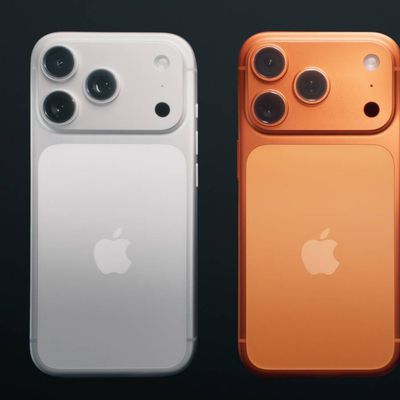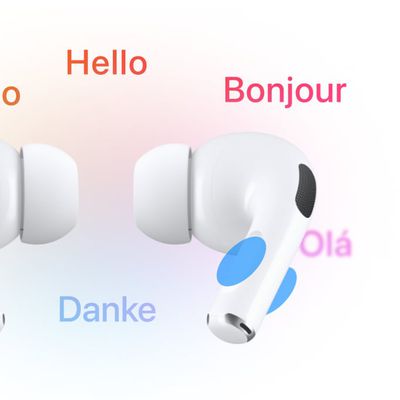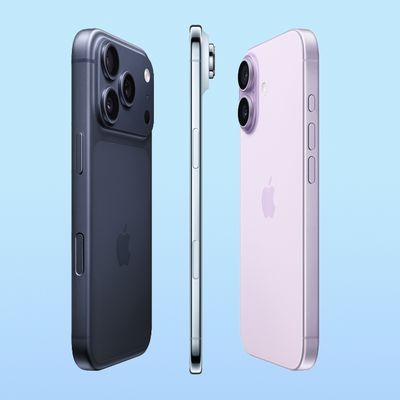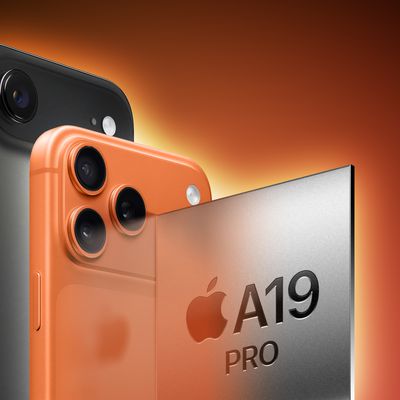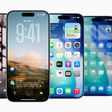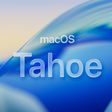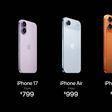Kuo: Apple AR Headset Coming in Late 2022 With Mac-Level Computing Power
Apple's long-rumored augmented reality (AR) headset project is set to bear its first fruit late next year with the launch of the first device carrying a pair of processors to support its high-end capabilities, according to a new research report from noted analyst Ming-Chi Kuo seen by MacRumors.
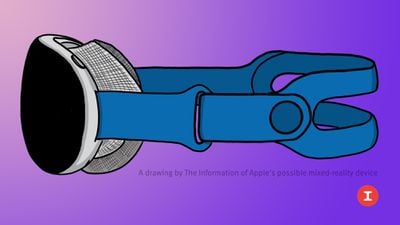
According to Kuo, the higher-end main processor is said to be similar to the M1 chip Apple introduced for its first set of Apple silicon Macs last year, while a lower-end processor will manage the sensor-related aspects of the device.
Kuo says the initial AR headset will be able to operate independently without needing to be tethered to a Mac or iPhone, and Apple is intending it to support a "comprehensive range of applications" with an eye toward replacing the iPhone within ten years.
We predict that Apple's AR headset to be launched in 4Q22 will be equipped with two processors. The higher-end processor will have similar computing power as the M1 for Mac, whereas the lower-end processor will be in charge of sensor-related computing.
The power management unit (PMU) design of the high-end processor is similar to that of M1 because it has the same level of computing power as M1.
In addition to AR, Kuo says the headset will also be able to support virtual reality (VR) experiences thanks to a pair of 4K Micro OLED displays from Sony, which require the computing horsepower of an M1-like chip.
Apple’s AR headset requires a separate processor as the computing power of the sensor is significantly higher than that of the iPhone. For example, the AR headset requires at least 6-8 optical modules to simultaneously provide continuous video see-through AR services to users. In comparison, an iPhone requires up to 3 optical modules running simultaneously and does not require continuous computing.
Last week, Kuo said that both the upcoming headset and the iPhone 14 coming next year will support Wi-Fi 6E technology, which offers the increased bandwidth and lower interference needed for AR and VR experiences.
Popular Stories
Apple today introduced the iPhone 17 Pro and iPhone 17 Pro Max.
Both devices feature a new aluminum unibody design, with the Ceramic Shield now protecting both the front and back sides. Apple says the front side is now Ceramic Shield 2, which offers 3x better scratch resistance, while the rear Ceramic Shield is advertised as 4x more resistant to cracks compared to the back glass on previous...
Apple continues to phase out the physical SIM card tray on iPhones, with the latest models relying solely on eSIM technology in more countries.
The new iPhone 17, iPhone 17 Pro, and iPhone 17 Pro Max support eSIMs only in these countries and regions, according to Apple:
Bahrain
Canada
Guam
Japan
Kuwait
Mexico
Oman
Qatar
Saudi Arabia
United Arab Emirates
Un...
Apple's new Live Translation feature for AirPods will be off-limits to millions of European users when it arrives next week, with strict EU regulations likely holding back its rollout.
Apple says on its feature availability webpage that "Apple Intelligence: Live Translation with AirPods" won't be available if both the user is physically in the EU and their Apple Account region is in the EU....
Apple held its annual iPhone event on Tuesday, September 9, to unveil the iPhone 17, ultra-thin iPhone Air, iPhone 17 Pro, and iPhone 17 Pro Max.
All of the new iPhone models will be available to pre-order starting Friday, September 12 at 5 a.m. Pacific Time / 8 a.m. Eastern Time in the U.S. and dozens of other countries, according to Apple. The release date for the devices is one week...
While the iPhone 18 Pro and iPhone 18 Pro Max are still a year away, there are already a few rumors about the devices that offer an early look ahead.
If you are skipping the iPhone 17 Pro and want to know about what to expect from the iPhone 18 Pro models, we have recapped a few of the key rumors below.
Under-Screen Face ID
In April 2023, display industry analyst Ross Young shared a...
Apple has confirmed the battery capacities for the iPhone 17, iPhone Air, iPhone 17 Pro, and iPhone 17 Pro Max models that were announced earlier today.
Apple is required to publish energy labels on its iPhone product pages in the EU, and they reveal the official mAh battery capacities for the devices.
Here are the battery capacities for each model, according to Apple:
iPhone 17:...
The first benchmark results for the A19 Pro chip in the iPhone 17 Pro, iPhone 17 Pro Max, and iPhone Air surfaced in the Geekbench 6 database today.
Based on these early results — which are unconfirmed — the A19 Pro chip across the Pro models and the iPhone Air appears to deliver up to 13% to 15% faster multi-core CPU performance compared to the A18 Pro chip in the iPhone 16 Pro...



